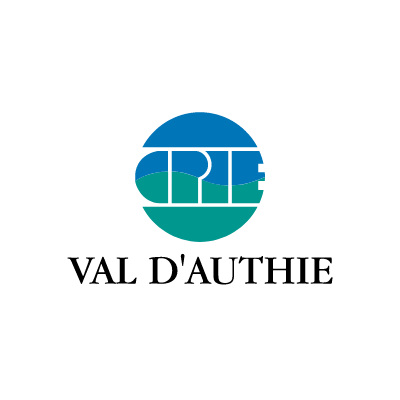Building Resilience in Communities (BRIC)
Explore our BRIC communities and outputs
– create your own bric-network pages :
its components and how to establish it :
What is project BRIC?
Building Resilience in Communities (BRIC) is a two-year cross channel Interreg funded project running until June 2023. We are working with eight organisations in France and England. Our key aim is to build resilience in local communities who are at risk of flooding. Particularly focusing on local areas of deprivation, we will be supporting vulnerable groups such as the elderly and those furthest from the labour market.
Social innovation
As a social innovation project, BRIC is trying out new tools and activities to engage with local people - from having meaningful conversations on the street using Appreciative Inquiry to installing new flood awareness technologies.
Objectives
Taking a collaborative approach, our aim is to support communities to plan for and know how to act quickly in the event of a flood, as well as how to recover well after a flood event. Through training, awareness raising and in-person engagement, we will be encouraging the creation of new flood action groups and the development of local community resilience networks.
BRIC Sustainable Development Goals
BRIC aligns with nine of the Sustainable Development Goals (SDGs). The goals were set out in 2015 by the United Nations General Assembly with the intention of achieving them by 2030. They are a call to action for everyone to promote prosperity while protecting the planet. They address a range of social needs including education, health, social protection, and job opportunities, while tackling climate change and environmental protection, all of which the BRIC project embodies in its delivery model.
No Poverty
End poverty in all its forms everywhere. Covid-19 has led to the first rise in extreme poverty in a generation. BRIC will begin to address this SDG by offering individuals and communities support to become more resilient. We will do this by running awareness sessions, offering skills training for those furthest from the labour market and supporting the growth of local networks.
Good Health and Well-being
Offering training and employment as well as encouraging nature-based flood management solutions and volunteering opportunities.
Quality Education
Ensure inclusive and equitable quality education and promote lifelong learning opportunities for all. BRIC will be making their training and education accessible to young people, those furthest from the labour market and the elderly.
Gender Equality
Empowering citizens to take action in relation to flood risk by providing them with knowledge, skills and resources.
Decent Work and Economic Growth
Promote sustained, inclusive and sustainable economic growth, full and productive employment and decent work for all. BRIC will address this SDG through engaging individuals and communities with their skills programme, giving individuals an opportunity to learn about different industries including the environmental industry.
Reduced Inequalities
Focusing on disadvantaged flood risk areas, BRIC aims to increase social capital and provide training and employment opportunities for some of the most vulnerable communities.
Sustainable Cities & Communities
Raising awareness to increase perceptions of risks leading to increased preparedness and mitigation actions such as nature-based solutions to flood management.
Climate Action
Enhancing society's ability to meet the challenges posed by climate change in the context of increasing urbanisation and unsustainable land management.
Life on Land
Setting up changes supported by new governance arrangements will have significant long term benefits regarding flood risk management and community safety.

BRIC is an exciting 2-year, €3.4m project which has secured 70% European Regional Development Fund (ERDF) funding from the Interreg France-Channel-England programme. Rather than being an environmental project, it is addressing the issue of flood management from a social innovation perspective.